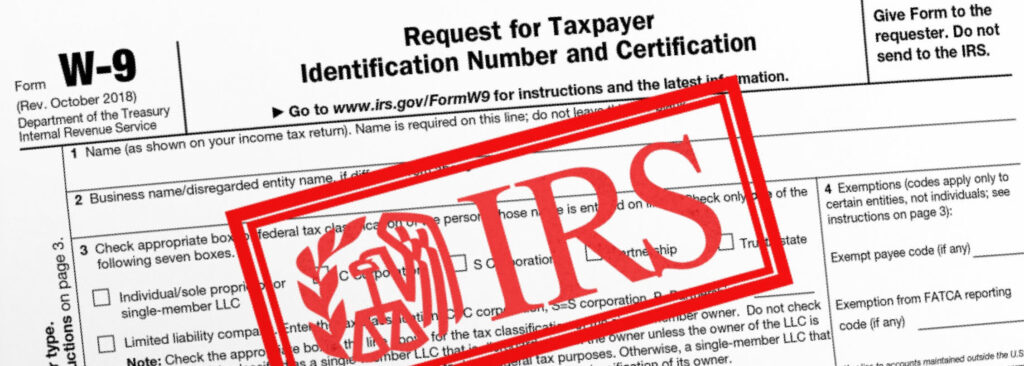Navigating the complex world of international taxation can be a daunting task, especially for U.S. citizens living abroad. The United States is one of the few countries that taxes its citizens on their worldwide income, regardless of where they reside. However, to prevent double taxation and ease the burden on U.S. citizens earning income abroad, the Foreign Earned Income Exclusion (FEIE) comes into play. In this article, we will delve into the intricacies of the FEIE and how it helps U.S. citizens reduce or eliminate the double taxation dilemma.
Worldwide Income and U.S. Tax Residents
U.S. tax residents, including citizens and green card holders, are required to report their worldwide income to the Internal Revenue Service (IRS). This means that if you are a U.S. citizen working in another country, such as an English tax resident, you are subject to taxation on your income both in the U.S. and in your host country. This apparent double taxation can be a significant financial burden for many individuals.
The Foreign Earned Income Exclusion
U.S. tax residents, including citizens and green card holders, are required to report their worldwide income to the Internal Revenue Service (IRS). This means that if you are a U.S. citizen working in another country, such as an English tax resident, you are subject to taxation on your income both in the U.S. and in your host country. This apparent double taxation can be a significant financial burden for many individuals.
For Lower Income Earners
For individuals with lower income levels, the FEIE is often the preferred methodology to mitigate double taxation. To qualify for the FEIE, you must meet specific requirements, including the bona fide residence test or the physical presence test. Once qualified, you can exclude a certain amount of your foreign-earned income from U.S. taxation. As of the knowledge cutoff date in September 2021, the maximum exclusion amount was $107,600 for tax year 2020. However, this amount may have changed in subsequent tax years, so it’s essential to consult the IRS guidelines for the latest figures.
For Higher Income Earners
For higher income earners, an alternative approach known as the foreign tax credit is commonly used to reduce double taxation. Under this method, you report all your income on your U.S. tax return and compute the taxes owed to the IRS. Simultaneously, you also pay taxes in your host country, such as England. In this scenario, you are typically required to pay the higher of the two tax amounts—either the U.S. taxes or the foreign taxes.
However, the foreign tax credit comes to your rescue. You can claim a credit on your U.S. tax return for the foreign taxes paid on your foreign income. This credit offsets your U.S. tax liability, either partially or in full, depending on the specific tax rates and amounts involved. This way, you avoid paying double taxes on the same income, and your overall tax liability is reduced.
Conclusion
The Foreign Earned Income Exclusion and the foreign tax credit are valuable tools that help U.S. citizens and qualifying residents navigate the complex landscape of international taxation. These provisions ensure that individuals living and working abroad do not suffer the burden of double taxation and can retain a significant portion of their hard-earned income. While the FEIE is ideal for lower income earners, higher income individuals often benefit from the foreign tax credit. To make the most of these provisions, it’s crucial to stay informed about the latest IRS guidelines and consult a tax professional with expertise in international taxation to ensure compliance and maximize tax savings.
References/Related Topics
https://www.irs.gov/individuals/international-taxpayers/foreign-earned-income-exclusion



